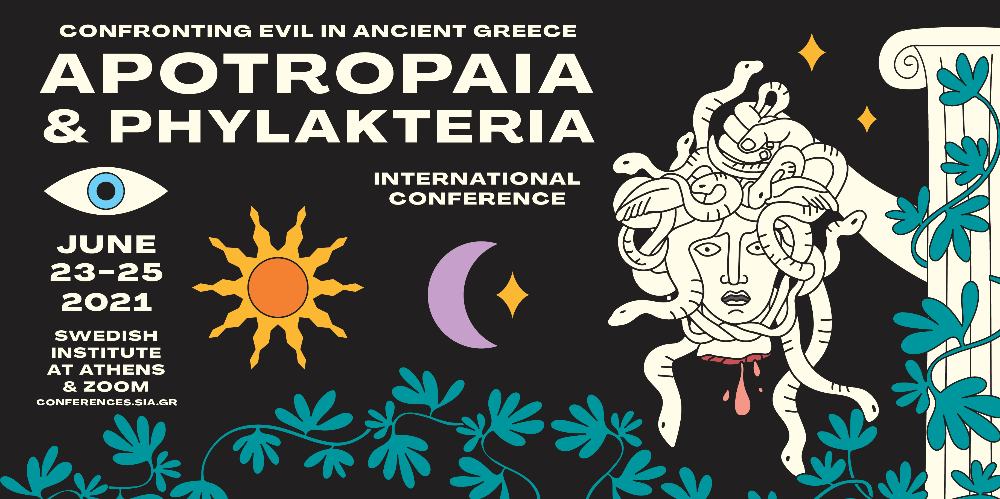
The belief in the existence of evil forces was part of ancient everyday life and a phenomenon deeply embedded in popular thought of the Greek world. Fear of such malevolent powers generated the need for protection and we find clear traces of these concerns in both textual and archaeological sources.
From the beginnings of literature, there is mention of ghosts and other daemonic beings that needed appeasement, and of ways of repulsing evil, such as the use of baskania and antibaskania (apotropaia). Repeatedly, we meet rituals of an apotropaic or prophylactic character conducted as part of everyday and family life, as for example on the occasion of a birth, marriage or death in the oikos (the cleansing of the house and household, libations and sacrifices in honour of oikos ancestors), and other practices that focused on the protection of the community as a whole, i.e. the Pharmakos ritual.
Archaeology reveals an abundance of material objects thought to have the power to attract benevolent, and avert evil, forces. Traces of ritual practices necessary to ensure prosperity and avert personal disaster are manifest today in the form of amulets, certain semi-precious stones believed to protect women and children, eye-beads found in large numbers in many archaeological assemblages, possibly various types of terracotta figurines, such as nude female grotesques and various ithyphallic characters, to name a few. In addition, symbols and certain iconographic motifs, such as the phallus, the open hand, the Gorgoneion, images of triple Hekate, and Hermes, have been subject to a number of differing interpretations relative to apotropaic power.
